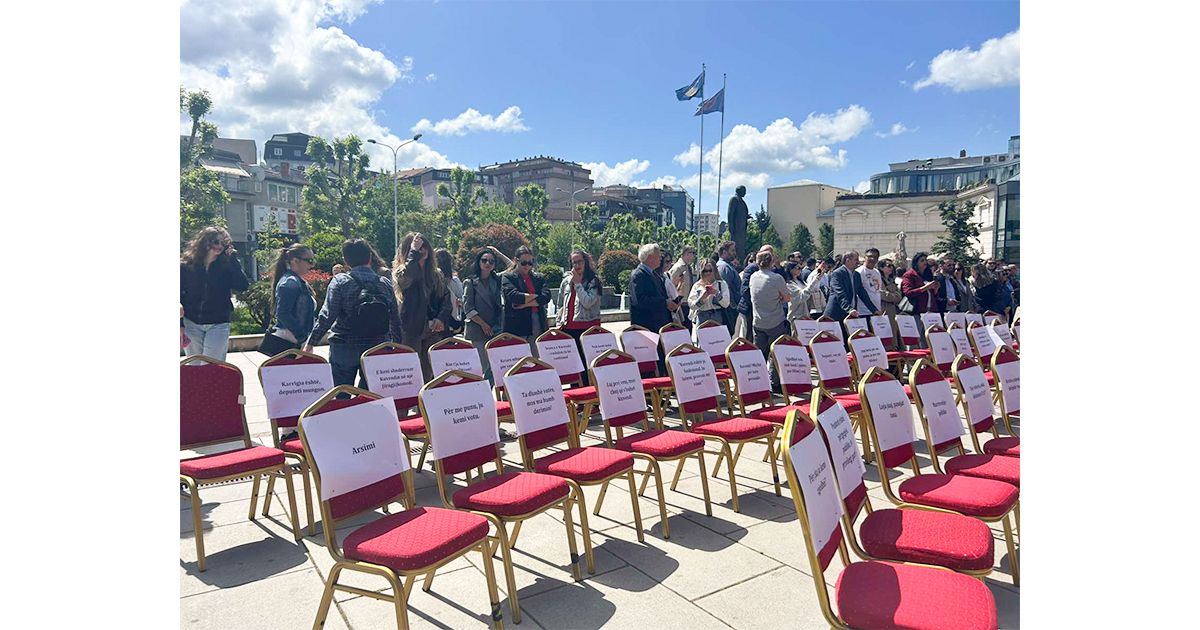Today, Friends of Europe hosted their annual EU-Western Balkans Summit 2024: “A Renewed Approach to the Western Balkans” in Brussels and online with the aim to “redefine the dialogue on EU enlargement by addressing the accession process of the Western Balkans through an inclusive and innovative approach”. The annual summit gathers EU and Western Balkan (WB) leaders, officials, and civil society representatives to discuss burning issues related to the EU enlargement process.
Kosovo Women’s Network (KWN) Programme Director and Leader Researcher Nicole Farnsworth spoke during the second panel, “Unlocking Economic Potential: Growth and Integration through EU Accession”.
Amid discussions surrounding the EC’s New Growth Plan, she observed that the EC’s Plan does not mention gender equality, leaving gender mainstreaming of Reform Agendas up to WB governments. For the EU’s gender mainstreaming efforts to have results, she emphasised the need to include clear objectives and targets that could measure progress in furthering gender equality within every sector and reform area, enabling monitoring and evaluation of progress. She also observed the importance of including obligations for gender-responsive budgeting within the EU’s forthcoming Multiannual Financial Framework (MFF).
During her intervention, Farnsworth elaborated four gender-responsive policies that WB countries should prioritise to ensure inclusive economic development and align with EU Accession criteria:
- Institutionalise gender analysis as part of all policymaking and programming processes, ensuring that policies and programs are developed based on actual needs of diverse women and men.
- Institutionalise gender-responsive budgeting as part of ongoing financial management reforms related to EU Accession criteria, contributing to equality through needs-based distribution of public resources, as well as to transparency and accountability in public spending. This would be in line with EU and WB governments’ commitments to the Sustainable Development Goals and the Public Expenditure and Financial Accountability (PEFA) Gender Framework.
- Adopt and implement the EU Work-Life Balance Directive, offering women and men more balanced opportunities to engage in caring for children and loved ones.
- Invest in increasing the availability of care services, in line with EU Barcelona Objectives. In the WB, demand for care services far exceeds supply. KWN’s publication Who Cares?, has shown that increasing childcare availability can create thousands of new jobs; transform women’s currently unpaid work into paid work; and increase women’s labour force participation both as employees, but also by enabling more women to work. While the Kosovo Reform Agenda has allocated resources for expanding childcare availability, WB countries can still invest more to meet the level of need.
KWN will soon publish its commentary on the Kosovo Reform Agenda. Stay tuned in 2025 for recommendations for the MFF and external financing, prepared together with the Gender Budget Watchdog Network.



